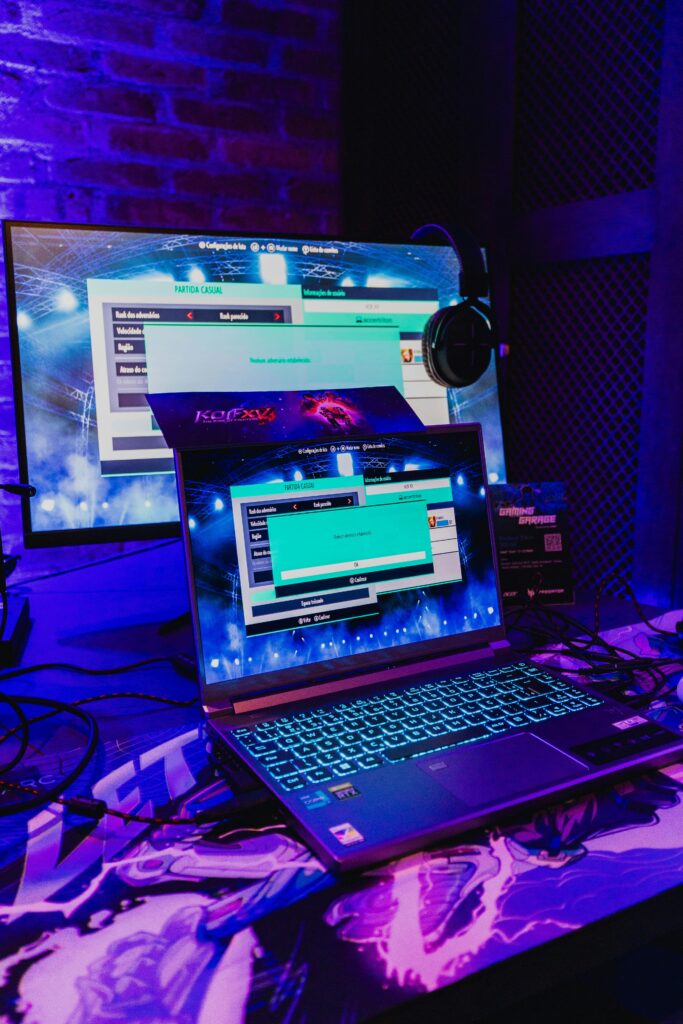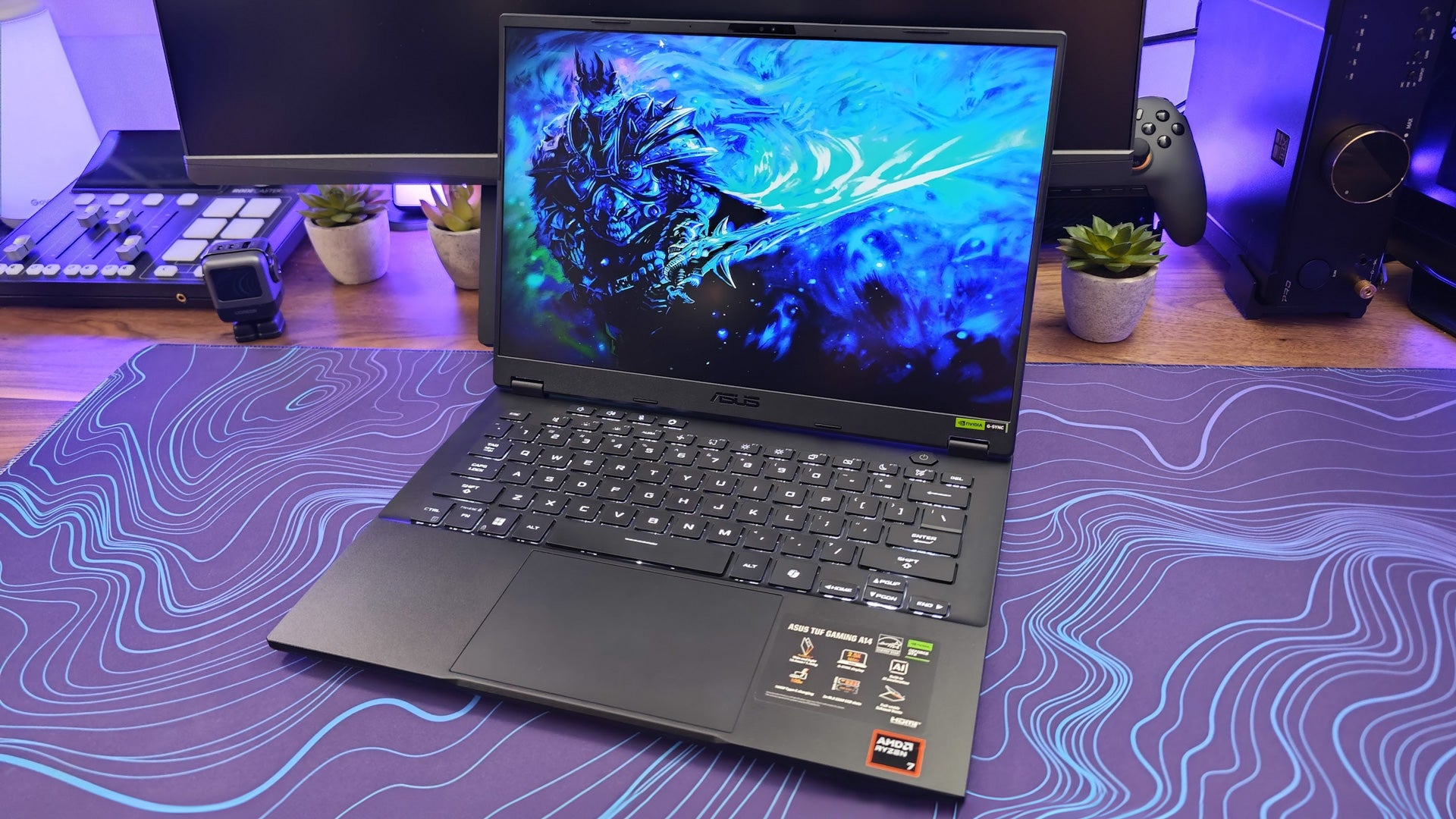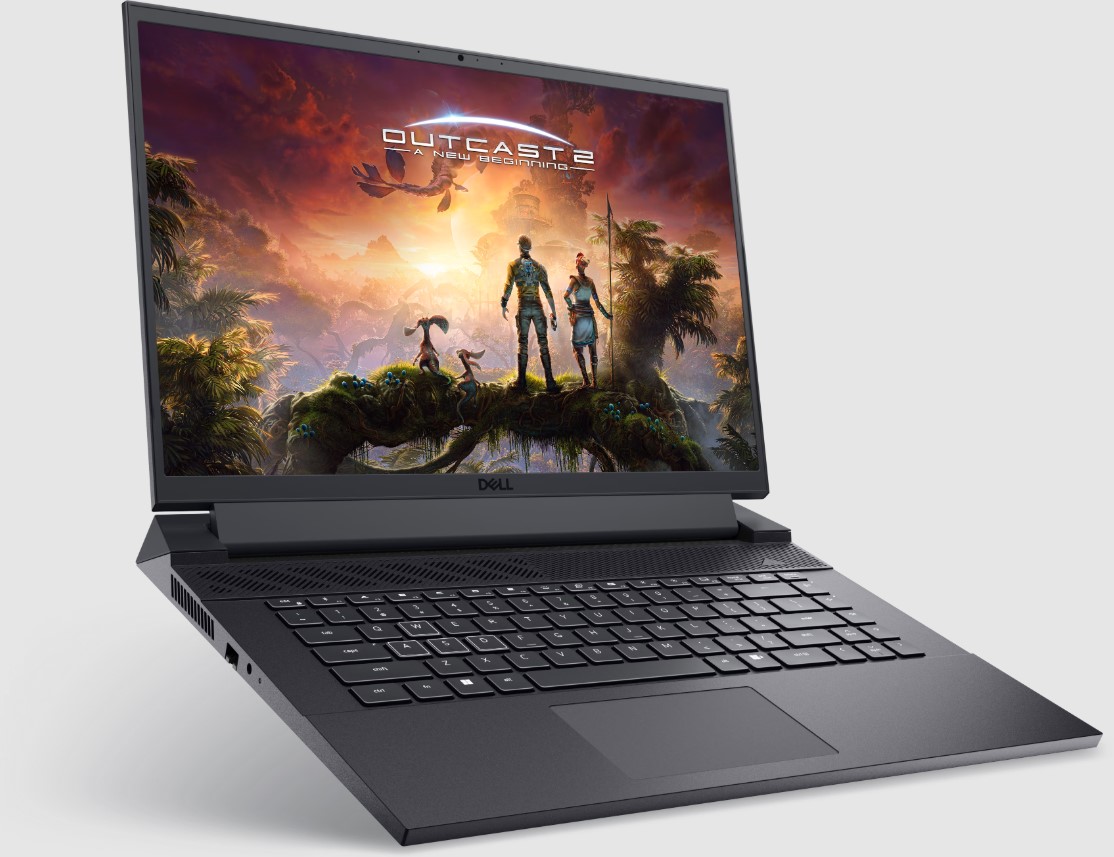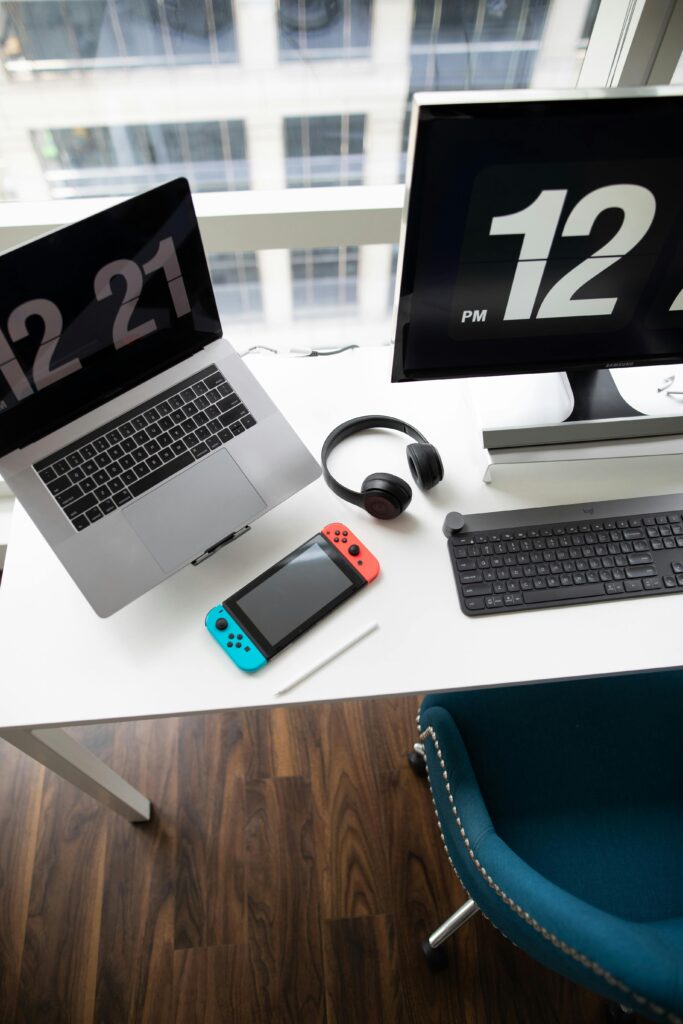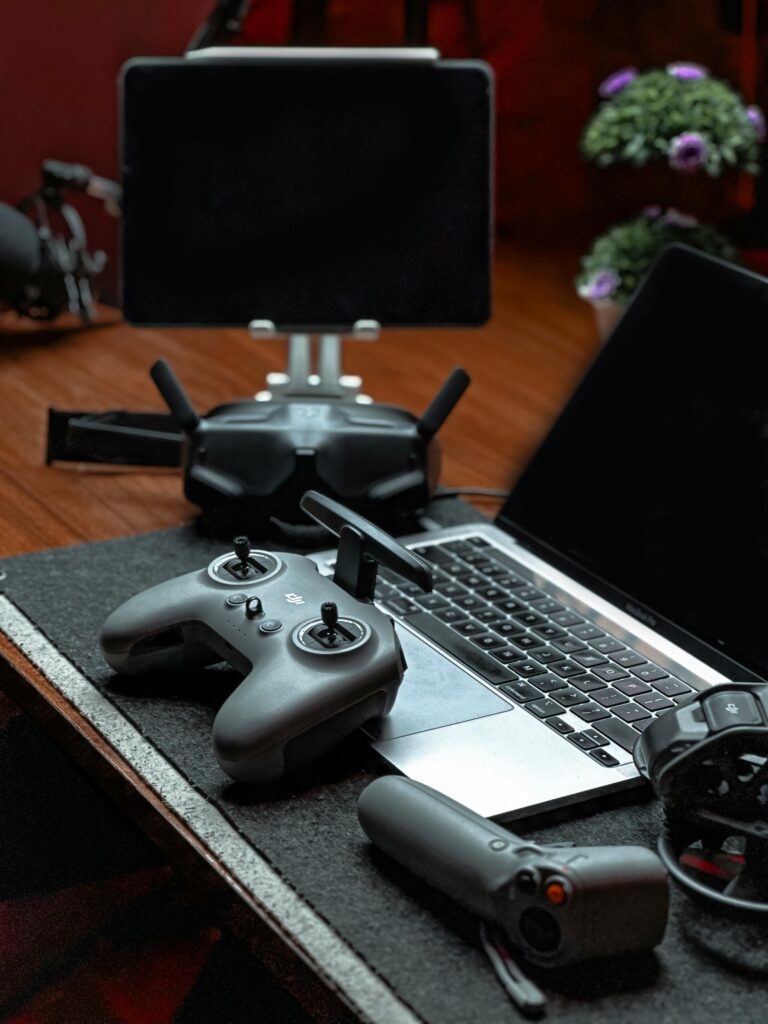Hey there, gamers! If you’re reading this, chances are you’ve either got a gaming laptop that’s starting to struggle with the latest games, or you’re considering buying one but worried about future-proofing it. Upgrading desktop PCs is pretty straightforward—you can swap out almost anything. But when it comes to gaming laptops, things get a bit more complicated. So, let’s dive into this question: can you upgrade a gaming laptop?
Quick Summary of Upgrade Options
| Component | Can You Upgrade? | Difficulty Level | Worth Doing? |
|---|---|---|---|
| RAM | Usually | Easy | Yes |
| Storage (SSD/HDD) | Usually | Easy | Yes |
| GPU | Rarely | Hard | Not Really |
| CPU | Rarely | Hard | Not Really |
| Battery | Sometimes | Moderate | Depends |
Alright, now that we’ve got that quick summary, let’s get into the nitty-gritty details. Whether you’re a seasoned techie or a beginner, this should help you understand what you’re working with!
Upgrading RAM in a Gaming Laptop
One of the easiest and most worthwhile upgrades for gaming laptops is adding more RAM. If your laptop feels sluggish when multitasking or if newer games are stuttering, more RAM could be the answer. The good news is that many gaming laptops make it relatively simple to upgrade RAM. Just unscrew the back panel, find the RAM slots, and swap or add some sticks.
Most gaming laptops will support up to 32GB of RAM, though some newer models can even push to 64GB. However, if you’re just looking to improve game performance and responsiveness, 16GB is usually the sweet spot for gaming.
Difficulty Level: Easy. If you can use a screwdriver and follow a YouTube tutorial, you’ll be fine.
Worth Doing? Absolutely. This is one of the best upgrades for gaming and general performance.
Storage Upgrades: SSDs for Faster Load Times
Can You Upgrade a Gaming Laptop? Another common and easy upgrade is storage. If your gaming laptop came with an old HDD (hard drive), replacing it with an SSD (solid-state drive) can make a massive difference in load times. Even if you already have an SSD, adding a second one for more storage can help you install all those massive modern games without running out of space.
Most gaming laptops these days have an M.2 slot or even multiple slots, which are used for SSDs. This upgrade can be completed by removing the back panel, much like the RAM upgrade, and simply plugging in the new drive.
Difficulty Level: Easy. It’s mostly plug-and-play.
Worth Doing? Yes, especially if you’re running out of space or still using a traditional HDD.
GPU Upgrades: The Tricky Part
Now, let’s talk about the elephant in the room—the GPU. If you’re looking to boost your graphics performance, things get a lot trickier. Most gaming laptops have GPUs that are soldered directly to the motherboard, making it almost impossible to upgrade them. Unlike desktop PCs, where you can easily swap out your graphics card, laptops are much more limited by design.
There are some exceptions: a few high-end gaming laptops come with modular GPUs that you can swap out, but these are quite rare. Another option might be using an external GPU (eGPU). This means connecting an external graphics card via a Thunderbolt 3 or USB-C port to give your gaming laptop a significant boost. The downside is that eGPUs are expensive, and you’ll need a good external graphics card—which isn’t exactly cheap.
Difficulty Level: Hard. Swapping a GPU is nearly impossible, but eGPUs are easier (if you have the money).
Worth Doing? Not really. By the time you buy an eGPU and a new graphics card, it might be more cost-effective to just buy a new gaming laptop.
CPU Upgrades: Not for the Faint-Hearted
Much like the GPU, upgrading the CPU in a gaming laptop is rarely an option. CPUs are almost always soldered directly to the motherboard. If your CPU is bottlenecking your system, it might be time to think about getting a new laptop rather than attempting an upgrade. Easy and simple guides.
While it’s technically possible to change out a soldered CPU, the process involves specialized tools and a lot of technical know-how. Plus, if you mess it up, you could end up with a dead laptop. Not worth it, if you ask me.
Difficulty Level: Very Hard. Specialized tools required, and it’s extremely risky.
Worth Doing? No. A new laptop is usually a better investment.
Battery Replacements: Extending Life
Let’s talk about the battery for a minute. While not a performance upgrade, swapping out your laptop’s battery can extend its life significantly. Over time, all laptop batteries degrade, and they don’t hold a charge like they used to. Many gaming laptops have removable or replaceable batteries, but some of the more recent slim designs make it difficult.
If your gaming laptop no longer lasts through a long gaming session without being plugged in, it might be worth replacing the battery. Just make sure you get a battery that’s compatible with your laptop model, and always follow the manufacturer’s safety guidelines.
Difficulty Level: Moderate. It might involve taking off a few panels and disconnecting some connectors.
Worth Doing? Depends. If you game while plugged in anyway, it might not matter as much. But if portability is important, then yes.
External Accessories: Boosting Performance Without Opening Up
If you’re nervous about opening up your laptop, there are still ways to give your gaming setup a boost. Cooling pads can help keep your gaming laptop’s temperatures lower, which helps prevent thermal throttling (when your system slows down due to high temperatures). This won’t give you more FPS directly, but it can help maintain stable performance during longer gaming sessions.
You could also look into getting a mechanical keyboard, a quality gaming mouse, or even a better external monitor to improve your overall experience. While these upgrades won’t make your laptop itself faster, they do enhance your gaming experience—and sometimes that’s just as good.
Difficulty Level: Super Easy. No tools required!
Worth Doing? If comfort and style are important to you, absolutely.
When Should You Just Buy a New Laptop?
Sometimes, no upgrade will make a significant enough difference, and it may be time to consider buying a new gaming laptop. If your CPU and GPU are already outdated and soldered to the motherboard, there’s little you can do to boost your gaming performance. Generally, if your laptop is more than five years old and struggling with new releases, upgrading might not be worth it.
There are a few key signs that it’s time to buy a new machine:
- The laptop frequently overheats despite using cooling pads and thermal paste.
- Your GPU and CPU are causing bottlenecks, and they aren’t upgradeable.
- Modern games are consistently performing at low FPS or not running at all.
- The cost of possible upgrades is close to the cost of a new laptop.
In such cases, instead of pouring money into an old machine, it’s better to put those funds towards a new, future-proof laptop that will last another few years.
Conclusion: So, Can You Upgrade Your Gaming Laptop?
The answer is a mixed bag. You can upgrade some components like RAM and storage quite easily, which will improve your gaming experience and keep your laptop running smoothly. However, for more significant upgrades like the GPU or CPU, you’re mostly out of luck unless you want to deal with expensive and complex solutions.
If your current gaming laptop is struggling, the first step should always be to look at RAM and storage—these are cheap and effective upgrades that can breathe new life into your system. For more extensive improvements, like getting a better GPU or CPU, you might be better off saving up for a new laptop.
Hope this helps you figure out your options and what might work best for your beloved gaming rig. If you have any questions, drop them in the comments below, and let’s chat about it. Until next time—happy gaming!
Read more: Are HP Laptops Good for Gaming?
